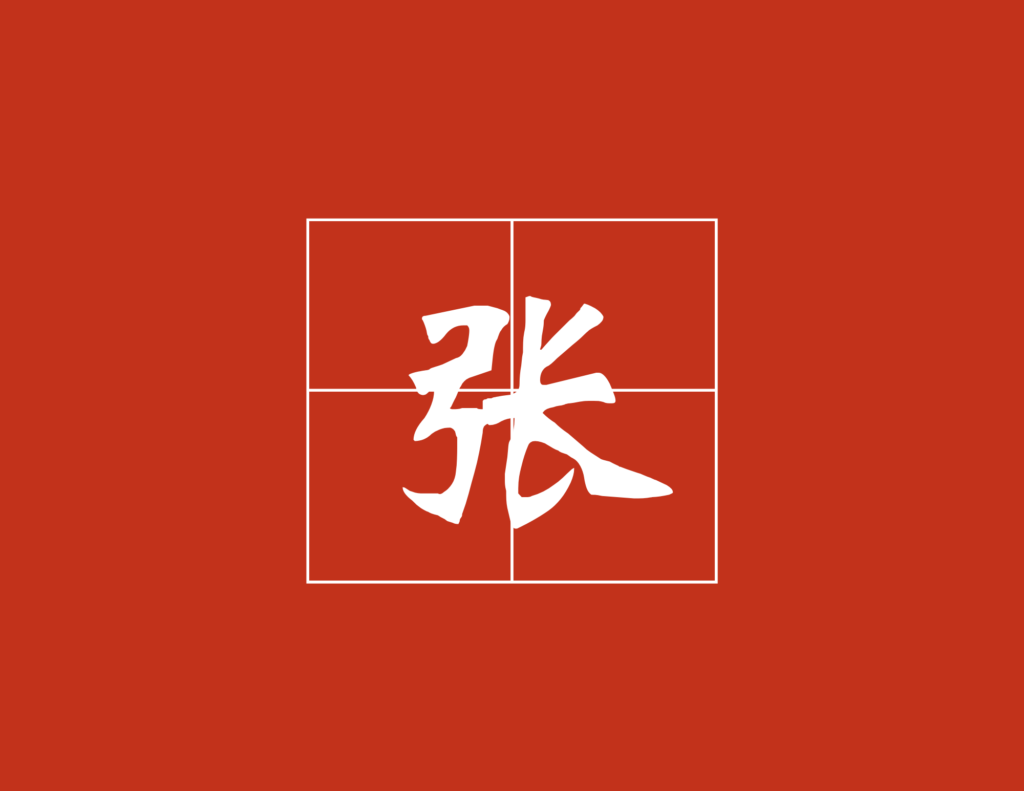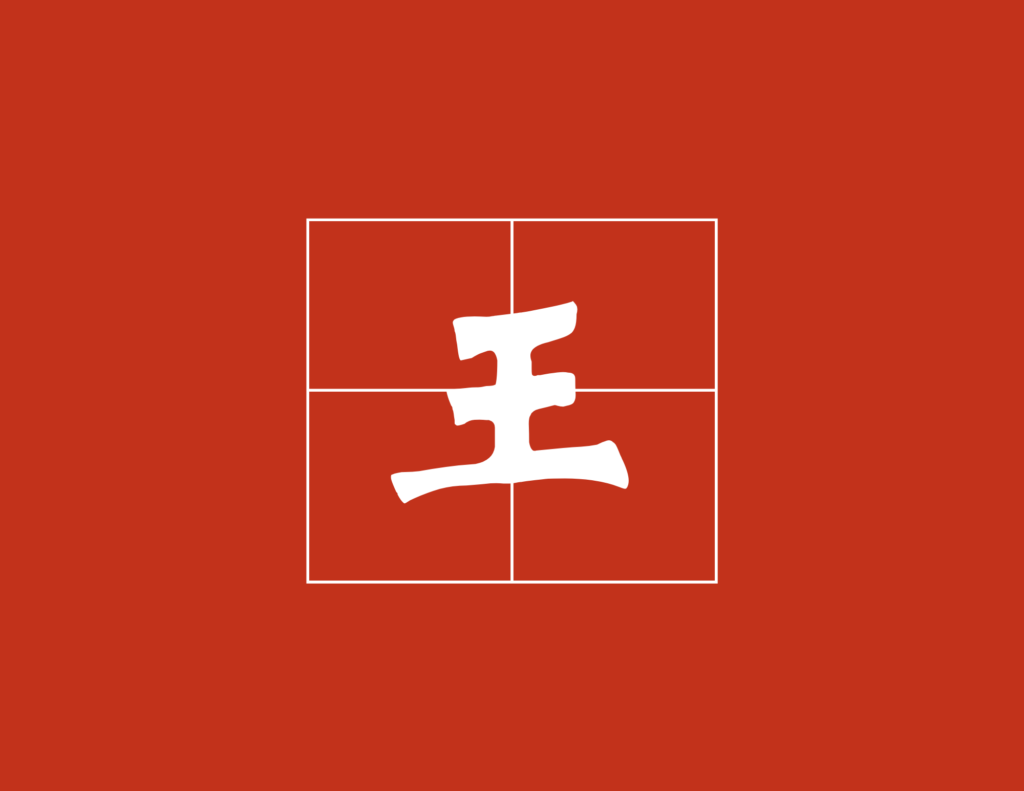Surnames are more than just names—they are bearers of history, identity, and family pride. In Chinese culture, the vast majority of surnames are monosyllabic, consisting of a single character. Why is this the case, and what does it tell us about Chinese society and its deep cultural roots?
What Is a Monosyllabic Surname?
A monosyllabic surname is a family name made up of one Chinese character. Examples include Li (李), Wang (王), Zhang (张), and Liu (刘). These names are not only easy to pronounce and remember—they also connect people to centuries-old family lineages and traditions.
Why Are Most Chinese Surnames Monosyllabic?
The tradition of single-character surnames began in ancient China. As early as the Shang and Zhou dynasties, simple and consistent naming helped with population registration and social organization. Monosyllabic surnames were efficient, widely accepted, and deeply rooted in the structure of classical Chinese, making them ideal for everyday use and long-term preservation.
How Many Monosyllabic Surnames Are There in China Today?
Although China has historically recorded thousands of surnames, modern society is dominated by a few hundred. Remarkably, just the top 100 surnames—almost all monosyllabic—cover over 85% of the Chinese population. This high concentration shows the continuity and strength of family-based social structures through generations.
Are Monosyllabic Surnames Tied to Specific Regions or Ethnic Groups?
Yes. Many surnames reflect regional origins or cultural identity. For instance, Zhao (赵) and Zhang (张) are common in northern China, while surnames like Lin (林) and Huang (黄) are prevalent in the south. While most monosyllabic surnames are associated with Han Chinese, they are also shared among ethnic minorities—sometimes adapted in pronunciation or script but preserved in meaning.
Do Monosyllabic Surnames Carry Special Meanings?
They do. Most surnames originated from royal clans, ancient states, professions, or even moral ideals. For example, Wu (武) signifies martial valor, while Sun (孙) may trace back to a noble lineage. Each surname is a concise story, passed from generation to generation, embodying values, achievements, or historical origins.
How Are Monosyllabic Surnames Used Today?
In modern China, surnames continue to carry formal, social, and emotional weight. They come first in a full name, before the given name—a structure that emphasizes family above the individual. In daily life, people are often addressed by surname plus a respectful title, such as “Wang laoshi” (Teacher Wang) or “Li zong” (President Li), showing both familiarity and courtesy.
Why Do Some People Confuse Chinese Surnames and Given Names?
This confusion often comes from cross-cultural differences in name order. While Western names usually follow a given name–surname format, Chinese names place the surname first. Since both surnames and given names can be one syllable long, it’s not always obvious which is which. But once you understand the order, the structure becomes clear—and elegant in its simplicity.
A Lasting Legacy in a Single Character
Monosyllabic surnames are concise yet profound. They capture the essence of family identity, reflect regional history, and follow patterns that have remained largely unchanged for millennia. In every one-character name lies a quiet testament to ancestry, culture, and the enduring value of tradition in Chinese life.

